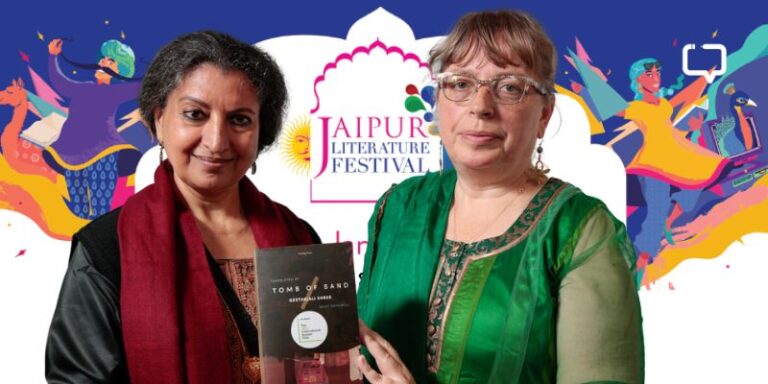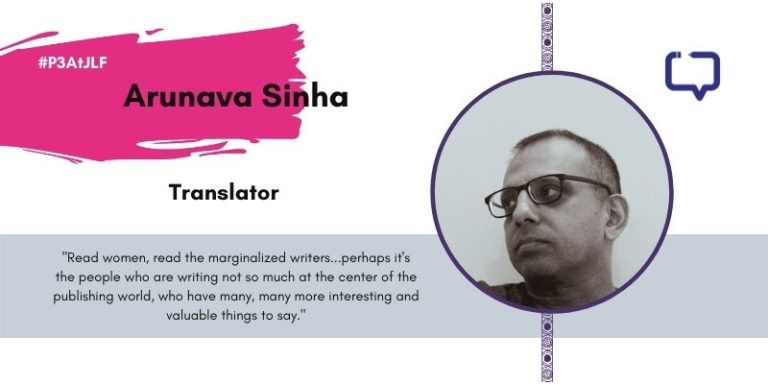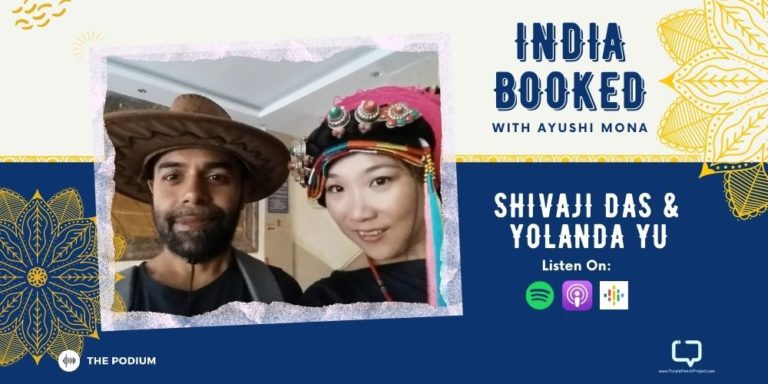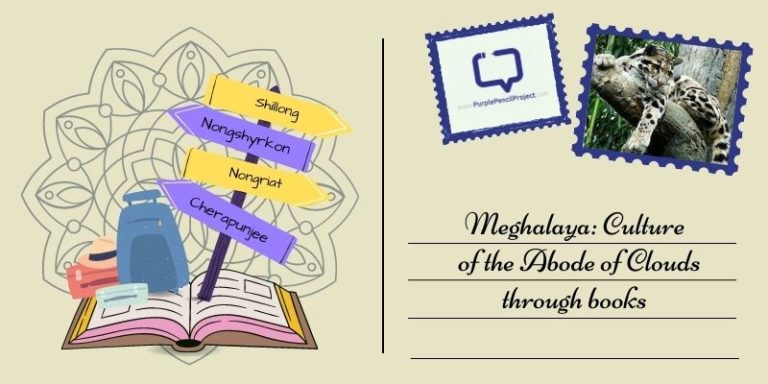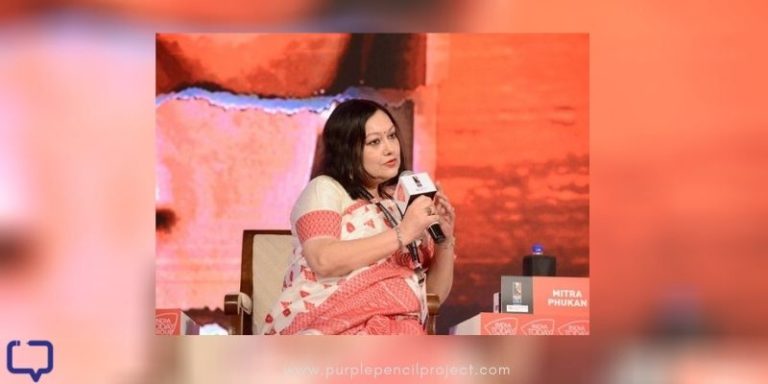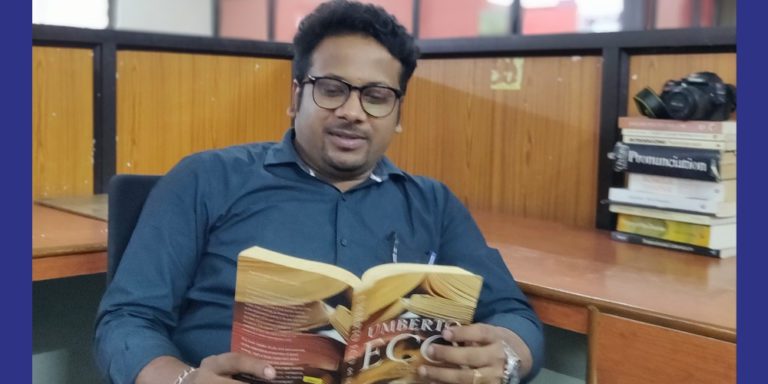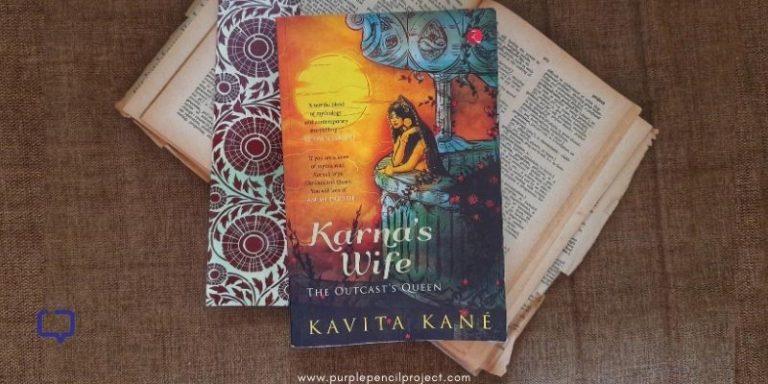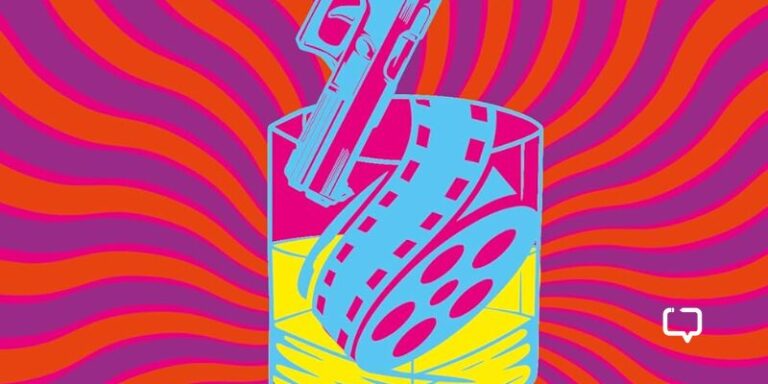Akankshya Abismruta reviews Boy, Unloved by Damodar Mauzo, translated by Jerry Pinto (published by Speaking Tiger, 2024).
Imagine being a boy rendered useless at home. When you engage with the outside world, you hear repeatedly, “You have great potential; you can do anything you set your heart to.” Despite having the financial resources, you do not know what to do. By now, you have successfully entered Jerry Pinto’s translation of Damodar Mauzo’s latest novel, Boy, Unloved.
Originally written in Konkani, Boy, Unloved narrates the coming-of-age of Vipin alias Babu. The novel begins when Babu is 5 or 6 years old. He witnesses many things he cannot comprehend until later in life. His parents live separately in the same household. Their marriage is marred with unhappiness, suspicion, resentment, and affairs. Babu lives a grim life in a house whose doors and windows are always closed by his father’s orders. The house is secluded, even feared, by the neighbours who dare not step in. Darkness and silence shroud him.
Recommended Reading: Cobalt Blue by Sachin Kundalkar, translated by Jerry Pinto
When he goes to school, he meets Martin Sir who sees potential in him to become a writer after reading Babu’s essay about his family. He provides him with books of all kinds, from classics to modern, to indulge in. Babu excels academically and showcases a strong moral core as he grows older. Yet, he continues to remain an isolated student. He is not afraid of doing the right thing and doesn’t understand the concept of being rewarded for the same.
In degree college, Chitra and Fatima befriend him. He likes to spend time with Chitra, the painter, whose perception of everything, including him, intrigues him. He is irritated by Fatima, who openly flirts and expresses her love for him. He is introduced to many things, from Chitra’s paintings to Fatima’s love for poetry. At the same time, he battles through his parents’ health crises, which invite more people into the closed home. The physical barriers between the world and Babu surprisingly, yet not uninvitedly, melt at once when he becomes the man of the house.
Recommended Reading: Goa Books: Read your way through India’s favourite holiday destination
Damodar Mauzo seems to be asking, can the people entering Babu’s world of isolation expel the darkness buried deep within him from an unloved childhood?
Babu’s Goa: Inclusive, Away From the Tourists
The novel is set in the years before the pandemic in 2020, marked by the celebration of decriminalisation of Section 377 of the Indian Penal Code on a beach. It brings forth characters from various classes, religions, and sexualities. It doesn’t try to preach a moral lesson on equality. It simply builds an ecosystem where they exist, along with the likes of policing of romance by the Hindutva goons and that of an imam who prohibits Muslims from engaging with Hindus.

It features teachers like Martin Sir, who encourage Babu to remain open to knowledge through reading alongside the ones who humiliate students in front of the class to showcase authority. It shows a young woman who decides to become a nun upon his fiancé’s demise, alongside a widow who opens herself up to sexual encounters years after her husband’s death. Babu witnesses Chitra’s loving family, who invite him to their home, excited to meet him.
He tries to wrap his head around the happy compromises that her parents make to maintain a healthy marriage. He grows up wincing at sexual touch while his older cousin satisfactorily works as a gigolo for tourists. Babu has the financial resources to study anything he wants in college, while Krishna, the Kannada-speaking house help, is ambitious to become a chef and has to make ends meet to pay his education fee.
Rendezvous of the Two Hot Indian Beverages
For decades, coffee has been marketed as a marker of playful seduction or a casual beginning toward love. It signifies people’s interest in getting to know each other. Damodar Mauzo, quite interestingly, creates female friendship over coffee dates where his characters meet and share everything; nothing remains hidden, even when it comes to a boy they might like. Yet, coffee marks the beginning of conflict in Babu’s understanding of playfulness in love vis-a-vis forced seduction quite early in his childhood.
Recommended Reading: Goagr@m by Bina Nayak Review: A Striking Novel on Goa and Social Media
With the rising representation of people’s love for chai in India on social media, Babu’s need for tea on every occasion is a familiar scene. We all know that one person who cannot live without 4 cups of tea a day, to say the least. His unwillingness to drink coffee, even accidentally, is telling of his inability to open up to love coming his way.
The love triangle doesn’t bode well with the depiction of the friendship between the three. It’s unconvincing and reads a bit outdated for a generation of people coming of age in 2018. There’s rejection, forced marriage, madness in love, and even issues of sexual harassment and mental health. It is filmy, an attempted combination of cliche and awareness, but questionable, unlike the rest of the story.
Favourite Quote from Boy, Unloved by Damodar Mauzo
Even if you have given up college, don’t give up on educating yourself. I don’t think a formal education is the sine qua non of success. Henry Ford was no college graduate. And Thomas Alva Edison had not completed his formal schooling either. Bill Gates says proudly that he is a college dropout. They were all geniuses. Like you. The only difference is that they were ambitious; you’re not.
Conclusion
In Jerry Pinto’s translation, the narration is lucid. It embodies Babu’s state of mind and his aloofness towards his life and surroundings. As Babu watches everything as an outsider, so does the reader. When he cannot help but get involved, so does the reader. The slow comfort of the plot absorbs the reader into Damodar Mauzo’s world in Goa, into a house whose doors and windows are closed, into darkness, and then lets us adjust to the light as it enters the house as well as its resident’s life.
Recommended Reading: A Mahar speaks: Daya Pawar’s Baluta, translated by Jerry Pinto
Damodar Mauzo’s Boy, Unloved is sprinkled with many books, from The Bible to Joan Didion’s The Year of Magical Thinking, making it a delightful way to discover new books for various occasions. The seamlessly diverse ecosystem of the novel exposes the protagonist to explore the recesses of his mind, challenge his childhood experiences, and form independent thought as he reads and engages with one book after another. He learns to be responsible for people around him, but what is the fate of a boy who lacks purpose when left alone?
Have you read this novel that intertwines the challenges of love, friendship, and personal growth? Share your thoughts with us in the comments below!











